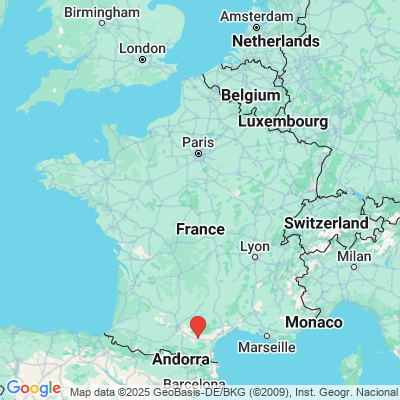Château Comtal in Carcassonne.
The Cathars were a Christian religious group that emerged in the 12th century in Southern France, particularly in the Languedoc region, challenging the authority and beliefs of the Catholic Church. Known for their dualistic beliefs, Cathars viewed the material world as evil, created by a malevolent deity, while the spiritual world was seen as pure and good. They advocated for a life of simplicity, rejecting wealth, church sacraments, and the clergy’s authority. Their spiritual leaders, known as Perfecti (the "perfect ones"), lived ascetically, embodying the Cathar ideals of purity and rejecting worldly attachments.
The rise of Catharism posed a significant threat to the Catholic Church, which responded with a crusade known as the Albigensian Crusade (1209-1229), initiated by Pope Innocent III to eradicate the movement. One of the first major targets of this campaign was Carcassonne, a thriving Cathar stronghold and a center of resistance against the crusaders. In 1209, the city was besieged and fell to the forces of Simon de Montfort, who expelled the citizens and took control. Château Comtal, the fortress at the heart of Carcassonne’s medieval citadel, became a key strategic point for the crusaders as they sought to consolidate power in the region. The castle, once controlled by the Trencavel family—who were sympathetic to the Cathars—was seized and transformed into a royal stronghold, reinforcing the Church’s and the French crown’s dominance over the region.
The crusade continued with brutal massacres and the seizure of other Cathar refuges, including the famous siege of Montségur in 1244, where hundreds of Cathars were burned at the stake. Additionally, the Inquisition was established to root out Cathar heretics, leading to the persecution and execution of countless believers.
By the 14th century, the Cathars had largely been eliminated, but their legacy endures as a symbol of religious dissent and resistance against ecclesiastical authority. Their history continues to intrigue and inspire interest in the themes of spiritual purity, opposition to corruption, and the tragic consequences of religious intolerance. The fortified Cité de Carcassonne, with Château Comtal at its heart, stands as a reminder of these turbulent times.


